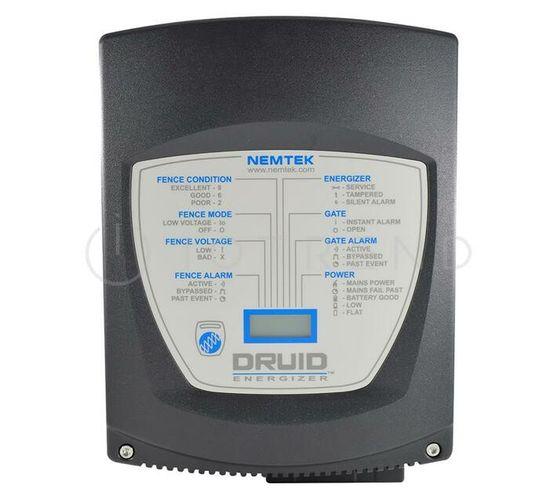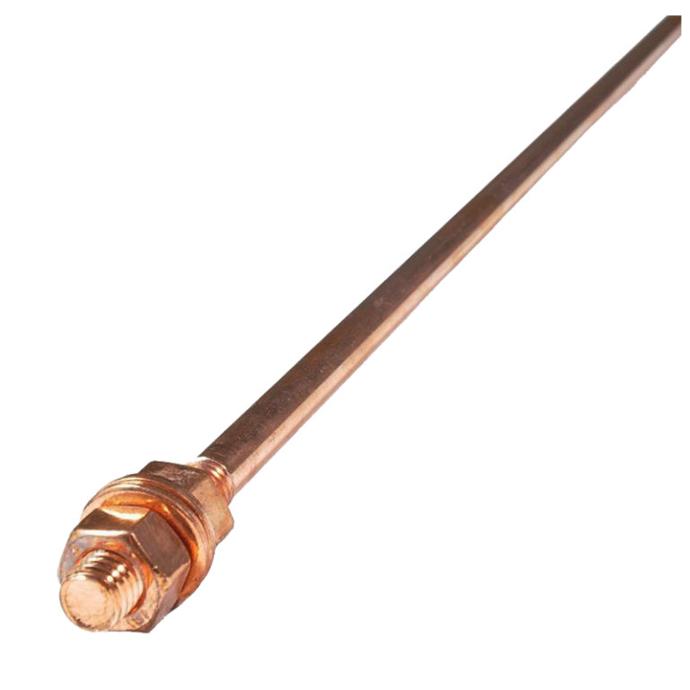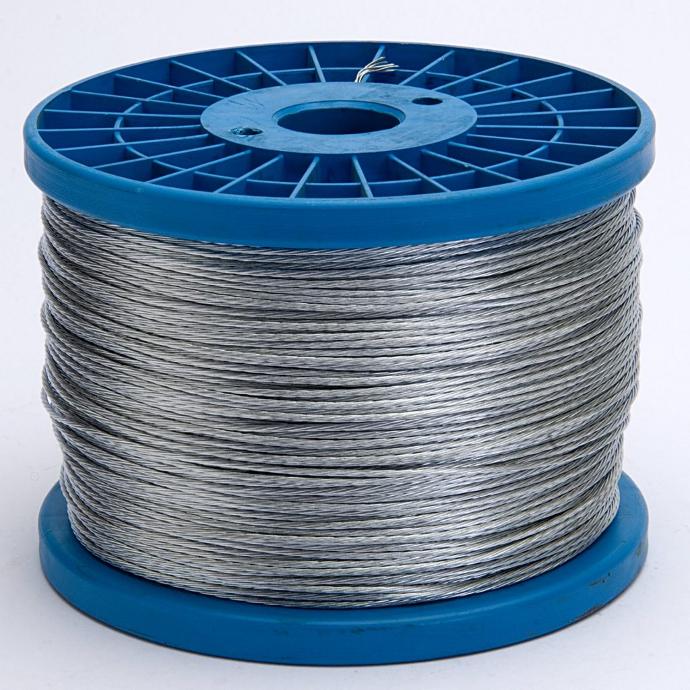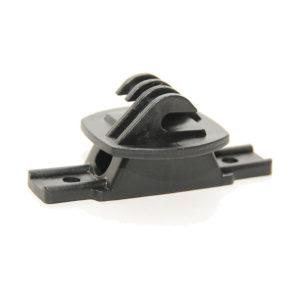What is Electric Fencing?
An electric fence is a perimeter consisting of wire carrying an electrical current. The wires are connected to a power source which delivers electricity through the fencing wire.
Electric fencing is typically used as agricultural fencing, although they can also be used for high security areas such as estates, military installations, and government properties. In South Africa, this is typically used in high crime areas to deter intruders or burglars and providing additional security to residents.
Electric Fence Design
Electric fencing is designed to complete a circuit once touched. An energizer converts power from a power source into a high voltage pulse. On one end, the energizer releases the pulse along a wire, on the other end, the energizer is connected to a metal rod in the ground called an earth spike or ground rod.
Anyone or anything touching both the ground and the electric fence wire will complete the circuit, causing an electric shock. The strength of the shock depend on many factors such as the voltage and the route of the current through the body.
Electric Fence Materials
Energizer
Many different brands and sizes of energizers are available on the market, though typically you would get an energizer which is slightly bigger than needed. A bigger energizer ensures the correct voltage travels through the wires and makes provision for future expansion.

An energizer should be placed inside an energizer enclosure inside a building and where rodents aren't able to chew the wiring. Energizers also need lightning diverters to protect against storms.
Earth Spike
A grounding system is extremely important. Ground rods need to be planted at the correct intervals. Rods are then connected to ensure the fencing is correctly grounded.

Wire
Fencing wire is strained between 2 points. Typically high tensile steel wire is used. The amount of lines is dependent on the type of fencing system.

Insulator
A plastic insulator is connected to a post and used to prevent an electric short between the the electrical wire and the posts.

Corner Strainer
A strainer maintains the tension on fencing wires. It also allows the tension to be adjusted and keeps the fencing looking good.
Electric Fence Types
Free-Standing
Free-standing fences act as the sole perimeter barrier.
Piggyback
A piggy-back is mounted to an existing fence. The brackets are mounted to the existing posts. This is the most common form of electric fencing.
Wall Top
Wall-top fences are attached to the top of a masonry wall.
Disadvantages of Electric Fencing
One of the biggest drawbacks to an electric fence is the need for regular maintenance and power. A working power source is vital to the success of an electric fence. Without it, your fencing would prove useless. The increased electrical bill may turn away suspecting buyers so integrating an alternative power supply, such as solar, could prove effective but may be out of your budget.
Plants, shrubs, and trees need to be cared for regularly as well. Should plant life touch the electrical wires, it could cause a fire hazard. This also causes additional spending for gardening services should you not tend to your garden personally. Just make sure the gardener doesn't touch the electric fence or he may be in for a shocking surprise.
Grounding the electric fencing is also extremely important. An electric fence that is not properly grounded could be ineffective and be considered useless. There are also specific rules and regulations that need to be adhered to, which you would need to check first before considering your electric fence.
Advantages of Electric Fencing
One of the biggest advantages to an electricity fence is that it deters trespassers and burglars. Electric fences are extremely light weight and are easily installed. The installation can be done rather quickly and doesn't require any intricate skillsets. Depending on your budget, affordable options are available making the initial startup cost more manageable.
There are wide range of electric fences available depending on your perimeter. A standalone fence could be installed, a wall top electric fence or a piggyback which connect using brackets to your perimeter using brackets. You can also install insulators to your existing fence or wall and run your electric wiring through that to save on costs.
The materials also last a long time making the type of fence quite durable. An electric fence is also perfect, not only for a residential property, but for commercial and industrial properties as well. Electric fences can be modified as well making them unique for different levels of security.
Electric Fencing Suppliers
We know of some great electrical fencing suppliers in South Africa that have been in the industry for years. Below is a list of some of our recommended suppliers and installers of electrical fencing:
Nemtek: https://www.nemtek.co.za/
Dafron: https://www.dafron.co.za/
Stafix: https://www.stafix.co.za/
Electric Fencing